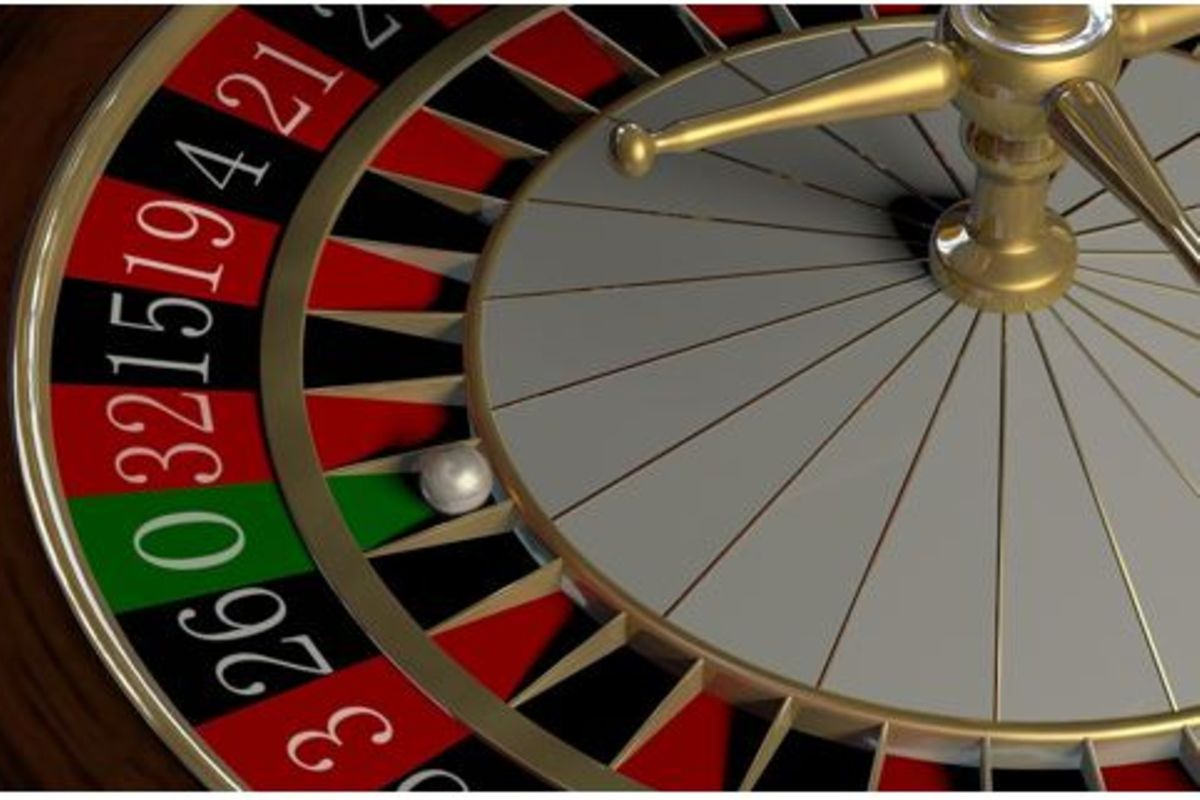
Casino games have captivated gamblers for centuries, luring them into a universe of excitement, fortune, and prosperity. From the blinking lights of video slots to the strategic action of poker tables, these games offer a unique combination of fun and exposure. However, below the surface of this glitz and style lies a sophisticated connection of math that shapes every outcome and choice made within the gaming hall.
Understanding this link between casino games and mathematics not only enhances the gambling experience but may also help participants make wise selections. Whether you are a recreational gambler or a passionate follower, recognizing the mathematical principles at play can give valuable knowledge into likelihood, probabilities, and approaches, finally influencing how one approaches these games of chance.
Statistical Probability in Betting
In the sphere of gambling games, mathematical probability plays a vital role in determining outcomes and informing player choices. Each activity has a specific set of rules and a specific likelihood framework that affects its mechanics. đá gà 78win For instance, in activities like the roulette wheel, players must grasp the probabilities of hitting a certain digit or color. The likelihood of specific occurrences happening can be assessed, and this knowledge can significantly influence wagering tactics.
Players also need to be cognizant of the casino advantage, which is the mathematical advantage that gambling establishments hold over players in the long term. This advantage differs across different games. In 21, skilled players can use strategies to lower the casino edge to as little as 1 percent, while in activities like slot machines, the house advantage can be significantly greater. Comprehending the casino advantage allows players to make informed choices about which games to participate in and the amount to bet.
Moreover, probability is fundamental in the concept of risk versus reward in betting. Every bet carries a certain risk factor, and gamblers must consider the potential payout against that danger. Activities like poker require players to not only compute the chances of their own showing winning but also to evaluate the probabilities of their rivals’ hands. By applying statistical principles to their gameplay, players can improve their chances of winning and participate more effectively in the exciting world of casino games.
Anticipated Value in Casino Activities
When talking about casino activities, one of the basic concepts rooted in math is the anticipated value. This numerical measure assists players understand the possible outcomes of their wagers over time. In simple terms, anticipated value (EV) determines the average amount a player can anticipate to gain or lose per wager if they were to play the activity many times. 78win Each game has its unique EV, influenced by the odds and the casino advantage, which signifies the advantage that the gambling establishment holds.
For instance, think of a game like the roulette game. The anticipated value can be calculated based on the specific wager made. If a player bets on a single number, the return is 35 to 1, but the true odds of winning that wager are 1 in 37 (in Euro roulette). This results in a detrimental anticipated value, showing that, on average, gamblers will lose money over a period when playing this kind of bet. Grasping this concept allows gamblers to make more informed choices about which games and wagers may be more favorable.
Furthermore, the investigation of anticipated worth can lead to better money management. Gamblers who comprehend the mathematics behind their games are often able to set realistic expectations. By acknowledging their possible deficits and profits, they can modify their playing strategies appropriately, which may improve their total gambling experience. As a consequence, expected worth serves as a crucial tool for both novice and seasoned gamblers to steer through the frequently unpredictable nature of casino activities.
Strategies and Chances: The Math Behind Winning
In casino games, understanding the odds is vital for gamblers seeking to boost their likelihood of success. Each activity has its own distinct set of chances that determine winning outcomes, and these numbers are often found in the gaming regulations or payout tables. For example, in games like 21, players can enhance their chances through strategies such as card counting, which is based on arithmetic concepts to gain an edge over the house. By familiarizing themselves with the odds, gamblers can make more educated decisions on when to bet and when to fold.
Furthermore, the idea of expected value holds a major role in gaming tactics. Average outcome determines the mean outcome of a bet over a period, allowing gamblers to assess whether a certain wager is worth taking. For instance, fruit machines have a specific payout percentage, which can suggest the average profit a participant can anticipate on their wagers. By opting for games with higher payout percentages, participants can lessen the house edge, boosting their future winnings in the future.
In conclusion, successful participants often employ a combination of chance and mathematical strategy to enhance their gaming experience. While chance is uncontrollable, managing a wagering approach based on mathematical insights can lead to more positive results. By making use of techniques such as money management and choosing games, gamblers can leverage mathematics to navigate the unpredictable nature of casino games, making the most of their investments and money at the tables.
